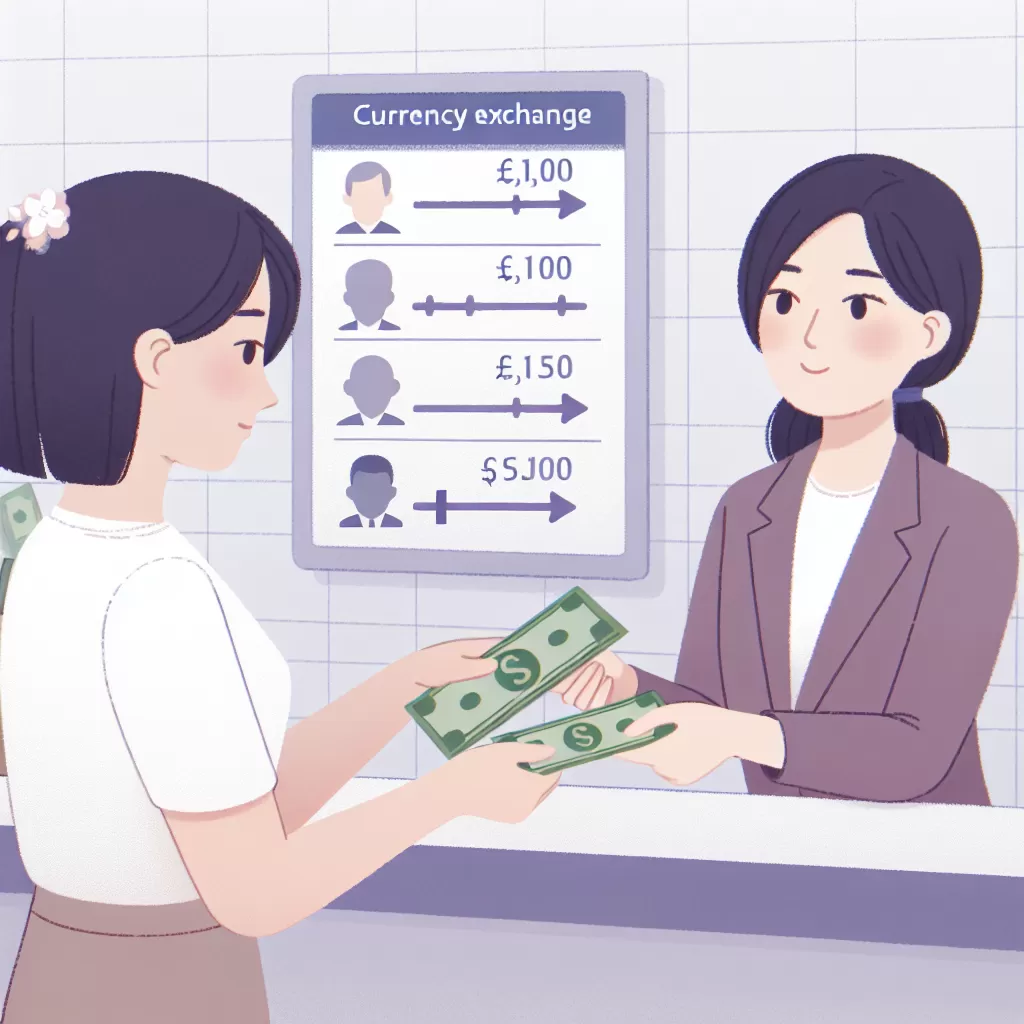Do You Lose Money When You Exchange Currency
Follow Currency Mart April 10, 2024
Where to purchase Foreign Currencies?

Introduction
Currency exchange is a vital element of the global economic scale. It facilitates business transactions, international trade, tourism, and even occasional personal needs. However, the profits you expect to reap within this spectrum might lessen or increase according to the exchange norms and reigns of the prevailing currency exchange rates. You might wonder; may I lose money when I exchange currency? To break it down, the answer is complex because it depends on various modalities.Why Do You Lose Money When You Exchange Currency?
At the most basic, fluctuating exchange rates determine the fate of your money in currency exchange. A rise or fall in the value of two compared currencies can either have a positive or negative impact, leading to gain or loss. When your home currency is weaker compared to the foreign currency, you will spend more to get the equivalent in the foreign currency.Forces Shaping Exchange Rates
Exchange rates are dictated by a myriad of forces, such as economies’ relative strength, geopolitical happenings, and market speculations. Often, these factors can unpredictably shift, causing volatility in exchange rates. When these rates fluctuate, it's possible to lose (or gain) value in the transaction, especially if trading in large amounts.Transaction and Conversion Fees
Banks and currency exchange vendors impose fees and charges, significantly contributing to losses when exchanging money. Although these fees may appear minimal, they accumulate over time or with larger amounts, subsequently decreasing your profits. Some establishments may offer ‘no fee’ transactions, but they compensate by incorporating the fees into a less favorable exchange rate.The Role of Exchange Rate Margins
A common terminology in currency exchange is the ‘exchange rate margin’ or ‘spread’. It’s the difference between the wholesale cost of the currency (its interbank rate) and the rate the bank or currency retailer offers you. You effectively pay this 'hidden charge' on top of any advertised transaction fees every time you exchange money. The wider this margin, the worse the deal you are getting.Timing is Crucial
The timing of your exchange can have a significant impact on the amount of money you receive back. If you change your money at a time when the currency’s strength is low, you could lose out significantly. By understanding currency trends and speculating on future events, you can try to time your exchange for when the rate is most favorable.How to Minimize Losses When Exchanging Currency
Though inherent in the game of currency exchange, there are ways to mitigate losses. One way is to shop around for the best rates. Banks and financial institutions vary their rates and fees, so compare before proceeding. Another method is to consider using pre-paid travel cards. They serve as a flexible option since you can reload money when exchange rates are favorable. Engaging with a currency exchange broker for large transactions like purchase of property will help get you the most competitive rates and advice on the optimal time to make the exchange. Additionally, avoid last-minute airport exchanges as they typically offer considerably worse rates.Conclusion
While there is a potential of losing money when you exchange currency due to various factors, with appropriate knowledge and careful approach, you can mitigate the risks and ensure a better value for your money. Remember, the goal is not to eliminate these risks but to manage them optimally, aligning with your individual needs and financial objectives.
Where to purchase Foreign Currencies?